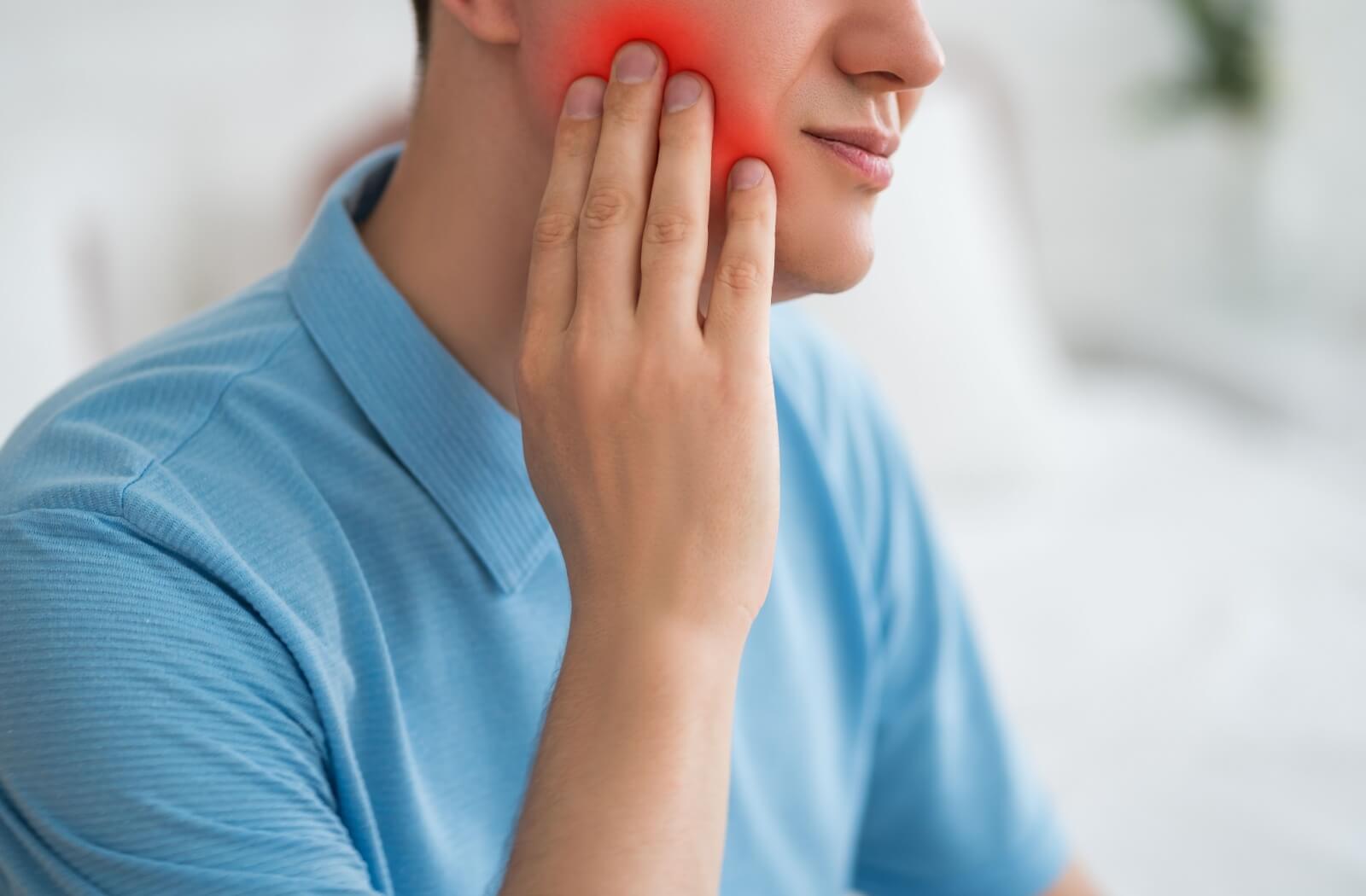Most people focus on the surgery itself, but what you do before and after can make all the difference in promoting a successful recovery.
Smart preparation and thoughtful aftercare can help you minimize discomfort and speed up your recovery after wisdom tooth removal. Here are 8 tips for your aftercare:
- Avoid strenuous activities
- Practice good oral hygiene
- Control bleeding
- Manage swelling
- Stick to soft foods
- Stay hydrated (but no straws!)
- Take medication as directed
- Monitor for signs of complications
Whether you're getting ready for the procedure or are already in recovery, knowing what to expect can help you feel more in control.
How to Prepare for Your Wisdom Tooth Removal
Proper planning can significantly impact your overall experience with wisdom tooth extraction. Here are a few ways to prepare for your dental surgery.
Discuss the Procedure With Your Dentist
Before your surgery, your dentist or oral surgeon will explain the process. Use this time to ask any questions you may have, including what to expect during and after the procedure.
Understanding the surgery can help you feel more relaxed and prepared. At Vita Dental Wellness, our team helps every patient feel fully informed and comfortable before undergoing any procedure.
Arrange Transportation
You cannot drive yourself home after wisdom tooth extraction due to the effects of anesthesia or sedation. Arrange for a family member or friend to give you a ride to and from your appointment.
Stock Up on Essentials
Prepare your home with everything you'll need during the recovery period, including:
- Soft foods like mashed potatoes, yogurt, applesauce, or soup
- Cold packs to minimize swelling & soothe discomfort
- Gauze pads to help control bleeding
- Prescribed or over-the-counter medications recommended by your dentist
Follow Pre-Surgery Instructions
Your dental team will provide you with clear and specific instructions. If you’re undergoing sedation, this may include fasting for a specific period before your surgery.
Your cooperation in following these guidelines can significantly contribute to a successful procedure and an easier recovery.
Wisdom Tooth Recovery Tips
The recovery process varies from person to person. You may experience a full recovery in as little as 3 days, but most people heal within 2 weeks. The following key tips can help promote a quick and comfortable recovery.
-
Avoid Strenuous Activities
-
Control Bleeding
-
Manage Swelling
-
Stick to Soft Foods
- Smoothies (avoid using straws to prevent dry socket)
- Scrambled eggs
- Mashed vegetables
- Ice cream or pudding
-
Stay Hydrated (But No Straws!)
-
Practice Good Oral Hygiene
-
Take Medication as Directed
-
Monitor for Signs of Complications
Physical exertion can increase blood flow and disrupt the healing process. Your body needs rest to heal. Take it easy during the first few days and avoid heavy lifting, bending, or intense exercise.
After your surgery, your dentist will place gauze over the extraction sites to help control bleeding. Bite down gently on the gauze, applying mild pressure for about 30–45 minutes. If bleeding persists, replace the gauze with a fresh piece and continue to apply gentle pressure.
Generally, active bleeding should stop within 24 hours. Don’t hesitate to contact your surgical team if bleeding is very severe or continues after a day.
Swelling is a common side effect of wisdom tooth removal, typically peaking around days 2–4. You should start to see swelling decrease around day 5. Most people can return to their normal routine—and diet—within a week.
You can help reduce swelling by placing an ice pack or a cold compress on the outside of your cheek for 15–20 minutes. Repeat this as needed during the first 48–96 hours post-surgery.
Eating the wrong foods can disrupt the healing process. Avoid crunchy, chewy, or spicy foods that can irritate the extraction site. Instead, choose soft, easy-to-eat options like:
Look for foods that are gentle on your mouth, easy to swallow, and don’t require much chewing to keep your recovery on track. Avoid sucking or getting food stuck near the extraction site to protect the area.
Drink plenty of water to stay hydrated. Hydration promotes wound healing and can help alleviate sedation side effects, helping you to start feeling like yourself again sooner.
Avoid using straws. The suction the straw creates can loosen or dislodge the blood clot at the extraction site.
Think of the clot as a natural bandage that protects the recovering tissue. When the clot is dislodged, it exposes sensitive tissue, causing a severely uncomfortable condition known as dry socket that can extend your healing time.
Good oral hygiene is essential for preventing infection, but it’s important to be gentle around the surgical areas.
Avoid brushing the extraction sites directly for the first 24 hours. After that, consider rinsing your mouth lightly with warm salt water (½ teaspoon of salt in 1 cup of water) or antibacterial mouthwash several times a day to keep the area clean.

Your dentist may prescribe pain relievers or antibiotics to help manage your condition. Take these medications exactly as instructed to manage discomfort and prevent infection. If you’re using over-the-counter pain relievers like ibuprofen, consult your dentist for the correct dosage.
While most people recover without issues, watching for signs of complications can help you get prompt treatment when needed:
- Prolonged bleeding that doesn’t stop after 24 hours
- Severe discomfort or swelling that worsens instead of improving
- Fever or chills, which could indicate an infection
- Pus or an unusual odour from the extraction site
Contact your dentist immediately if you notice any of these symptoms. If you’re in the Chilliwack area, Vita Dental Wellness is here to assist you with any post-surgery concerns.
Prioritize Your Recovery for a Healthy Smile
Recovering from wisdom tooth removal doesn’t have to be stressful if you follow the proper aftercare tips. From preparing your home with essentials to following your dentist's instructions, a little planning and care go a long way in speeding up the healing process.
At Vita Dental Wellness, our experienced team is committed to providing comprehensive care before, during, and after your wisdom tooth extraction. If you have any questions or need additional support, don’t hesitate to contact us.
